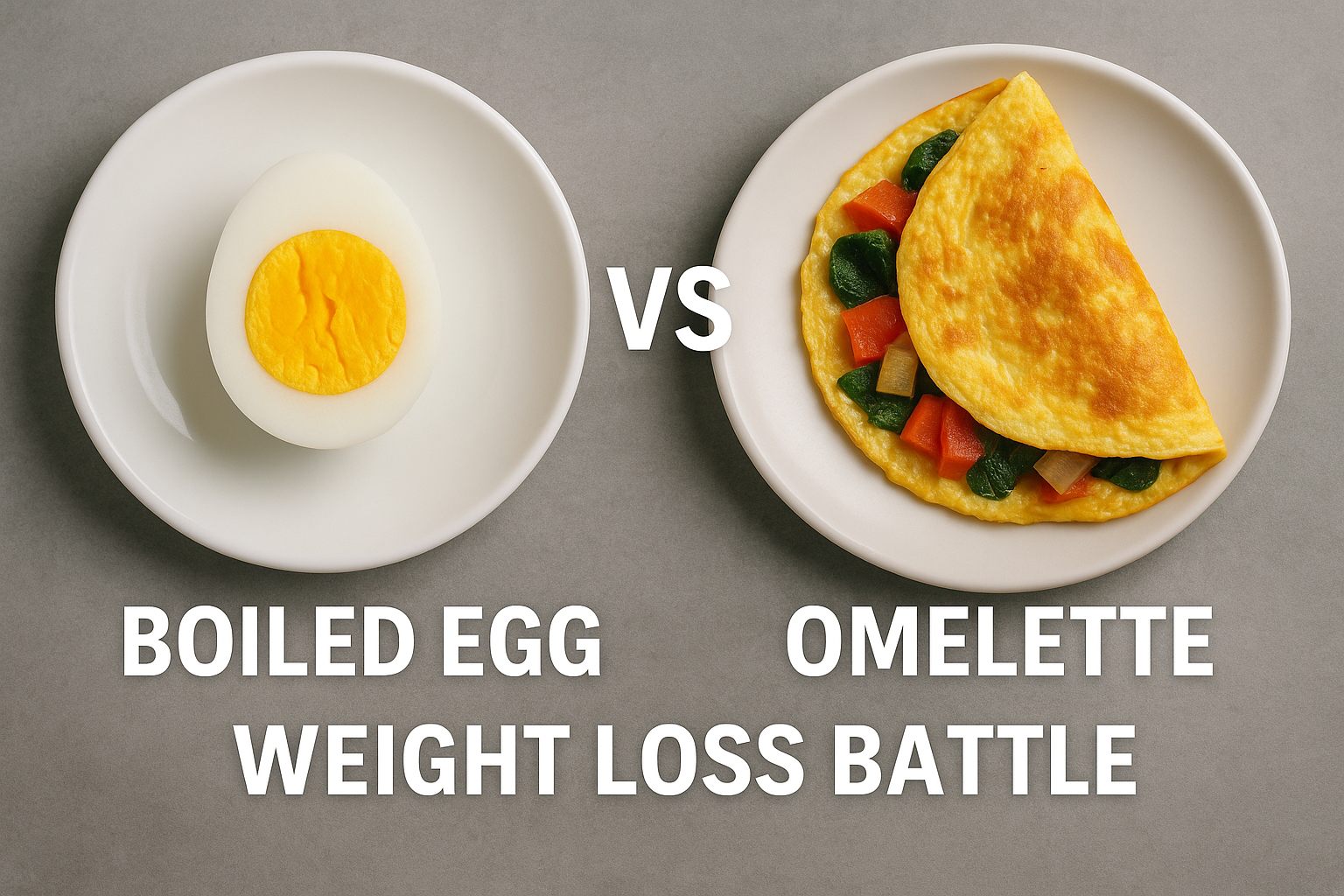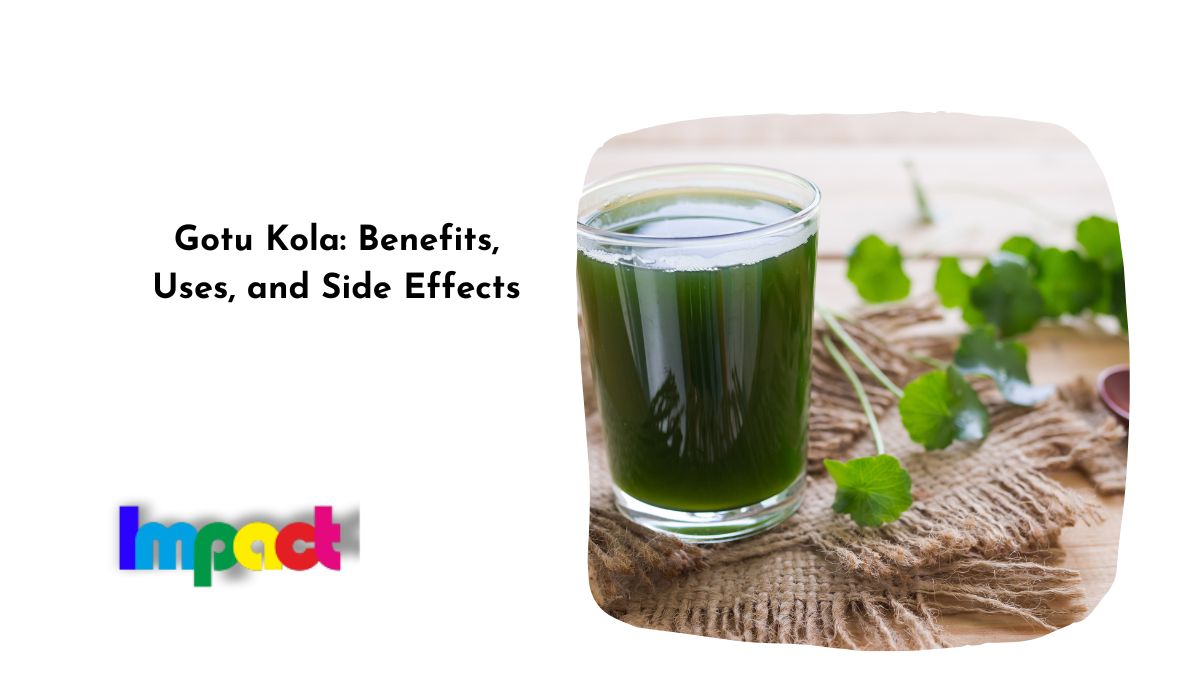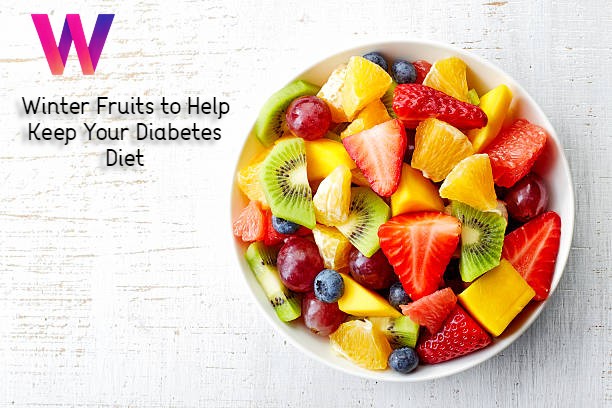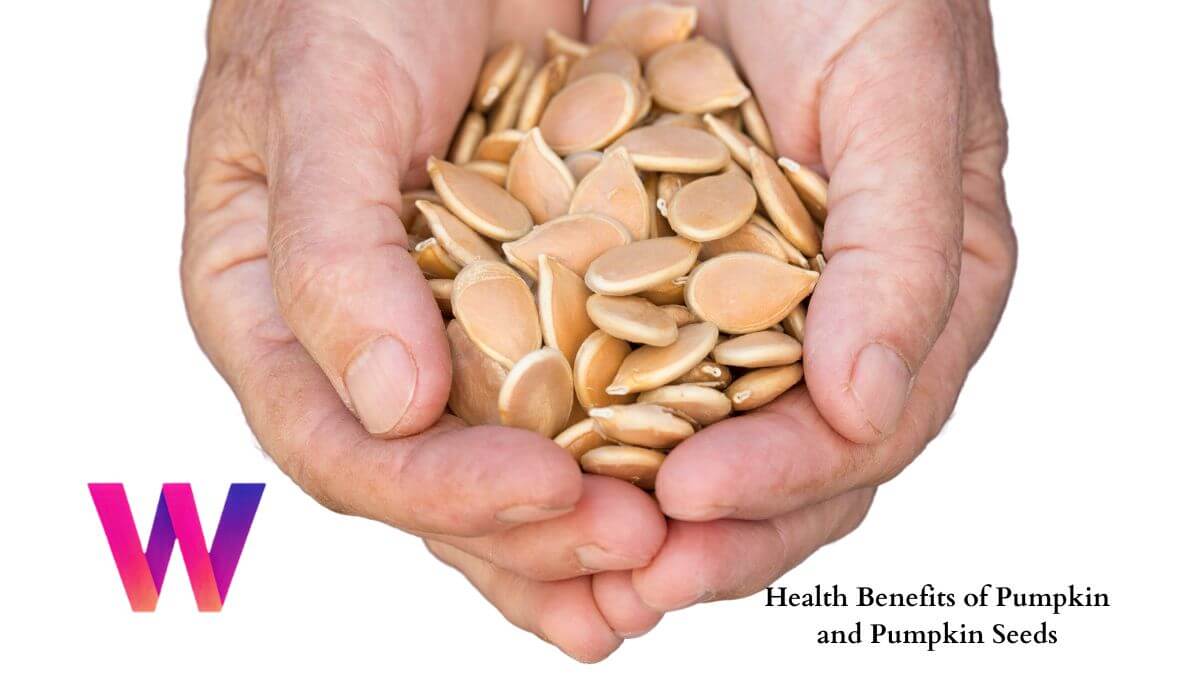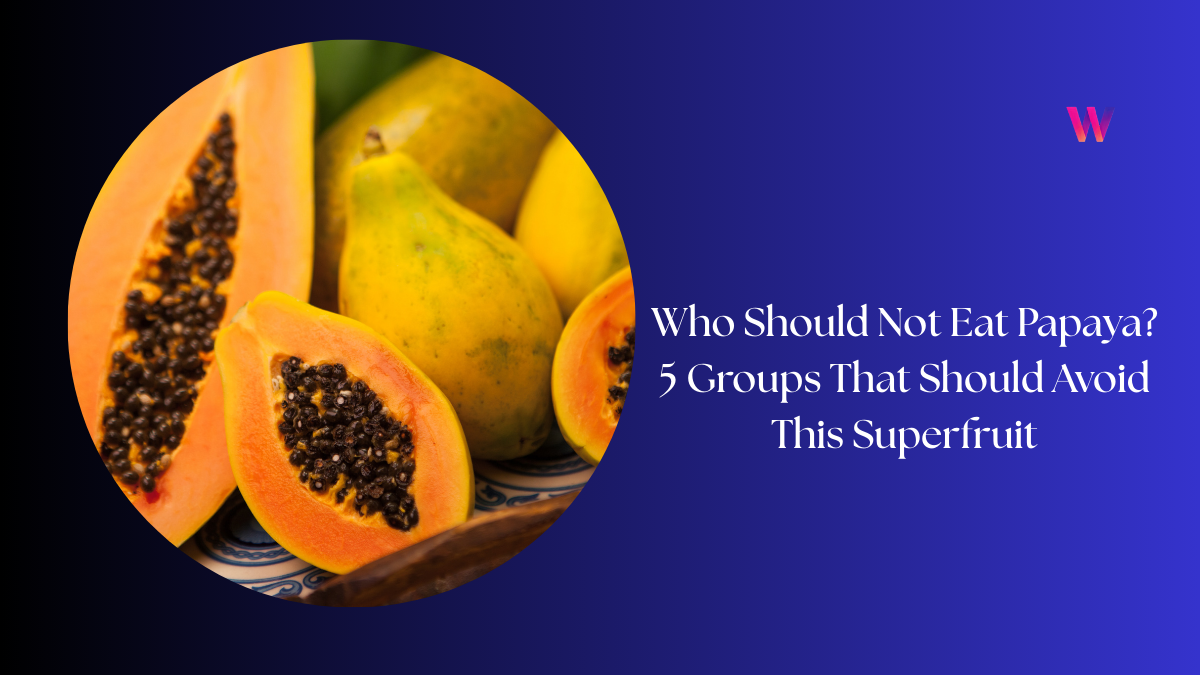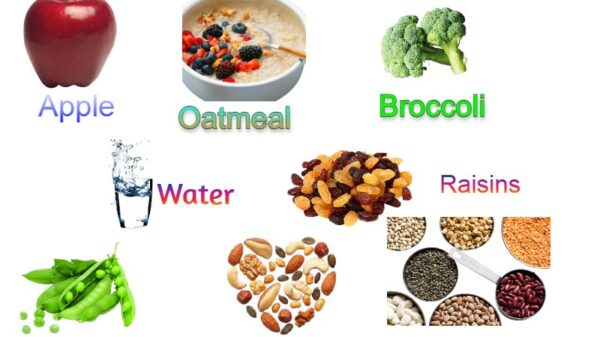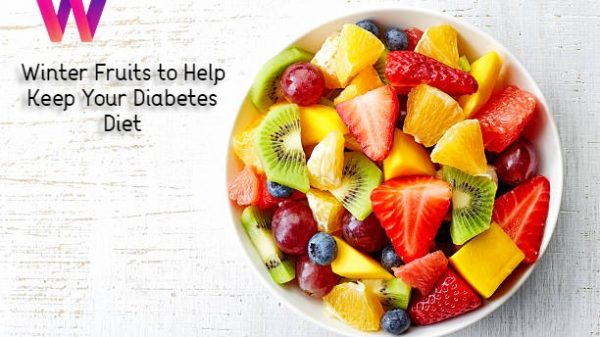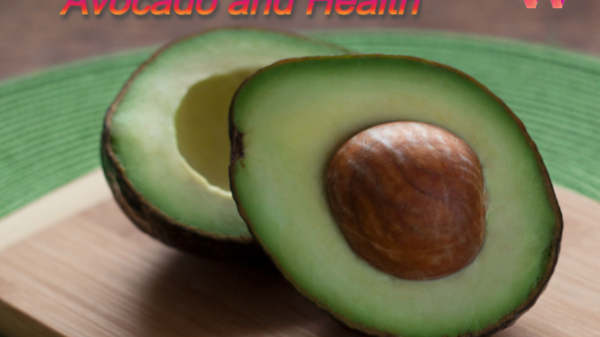Eggs have long been considered a powerhouse food. Whether enjoyed at breakfast, as a quick snack, or even part of dinner, they provide high-quality protein, healthy fats, and several vital nutrients. But when weight loss is the goal, one question often comes up: Which is better—an omelette or a boiled egg?
Both preparations come with unique advantages, and the right choice can depend on your overall lifestyle, goals, and eating preferences. Let’s take a deep dive into how each compares in terms of nutrition, calories, satiety, and weight-loss potential.
Table of Contents
The Role of Eggs in a Weight-Loss Diet
Before narrowing it down, it’s important to understand why eggs are so frequently recommended for weight management:
- High Protein Content
A single large egg contains around 6–7 grams of protein. Protein takes longer to digest than carbs, keeps you full, and supports lean muscle mass—important when you’re cutting calories. - Low-Calorie Density
With only about 70 calories per boiled egg, you can add them to your diet without overloading on calories. - Nutrient-Rich
Eggs are packed with vitamins such as B12, vitamin D, and minerals like iron and selenium. The yolk is also rich in choline, which supports brain and metabolic health. - Versatility
From scrambled and poached to fried and baked, eggs can be adapted to suit any palate, making it easier to stick to a healthy eating routine.
Now, let’s compare boiled eggs and omelettes side by side.
Boiled Eggs: The Lean and Straightforward Option
Nutritional Profile
- Calories: ~70 per egg
- Protein: 6–7 g
- Fat: 5 g (mostly unsaturated, heart-friendly fat)
- Carbs: 0 g
Boiled eggs are often considered the purest way to eat eggs for weight loss. Since they’re cooked in water, there’s no added oil or butter. What you see is what you get—no surprises, no calorie spikes.
Benefits for Weight Loss
- Calorie Predictability: Each egg has a fixed calorie count, making tracking effortless.
- Portability: Easy to pack in lunch boxes or carry as a snack.
- Satiety: Eating two boiled eggs in the morning can help reduce cravings later in the day.
- Minimal Effort: Quick to prepare, store, and peel.
Downsides
- Monotony: Eating plain boiled eggs every day may become boring.
- Texture Preference: Some people find them too dry or bland without seasoning.
Omelette: The Flavorful and Customizable Choice
Nutritional Profile (varies widely)
- Base calories: ~90 per two-egg omelette without oil
- With oil/butter: 120–200+ calories depending on amount
- Protein: 12–14 g
- Add-ons: Veggies add vitamins and fiber; cheese, cream, or meats add fat and calories.
Benefits for Weight Loss
- Nutrient Variety: Adding vegetables such as spinach, tomatoes, onions, and bell peppers boosts fiber and antioxidants.
- Satiety Boost: Combining protein with fiber-rich veggies enhances fullness.
- Taste Factor: More enjoyable for people who want variety in their meals.
- Flexibility: Can be adjusted to suit low-carb, keto, or high-protein diets.
Downsides
- Hidden Calories: A spoonful of butter, extra cheese, or sausage can double or triple calorie intake.
- Less Predictable: Harder to track unless you measure every ingredient.
- Cooking Time: Requires more effort and clean-up compared to boiling.
Calorie and Fat Comparison
To put things in perspective:
| Preparation | Calories (per 2 eggs) | Protein | Fat | Notes |
|---|---|---|---|---|
| Boiled eggs | ~140 | 12–14 g | 10 g | No added fat |
| Omelette (plain, no oil) | ~150 | 12–14 g | 10 g | Similar to boiled, just cooked |
| Omelette with 1 tbsp oil | ~210 | 12–14 g | 22 g | Adds significant calories |
| Omelette with cheese | 250–300+ | 15–18 g | 25 g+ | Heavier and less diet-friendly |
Clearly, boiled eggs give you more control over calories. Omelettes, however, can be either equally lean or far heavier, depending on preparation.
Protein and Satiety: Both Win
One of the main reasons eggs aid in weight loss is their protein content. Research shows high-protein breakfasts help reduce calorie intake throughout the day. Both boiled eggs and omelettes deliver nearly identical protein levels, so in terms of satiety, they’re both excellent choices.
Nutritional Extras: Don’t Skip the Yolk
A common myth is that yolks should be avoided for weight loss. While they do contain fat and cholesterol, they’re also the nutrient powerhouse of the egg. Yolks are rich in:
- Vitamin D
- Vitamin B12
- Iron
- Choline
- Lutein and zeaxanthin (eye health)
Unless you have a medical restriction, including yolks in moderation actually supports long-term health and satiety.
Expert Opinions
Nutritionists often recommend boiled eggs for people who want simple calorie control. However, gastroenterologist Dr. Pal Manickam notes that omelettes can still be beneficial if cooked lightly and combined with vegetables instead of heavy fats. The choice, therefore, depends less on boiled vs. omelette and more on how you prepare them.
Which Should You Choose?
Here’s a breakdown:
- Choose Boiled Eggs If:
- You’re on a strict calorie deficit.
- You need a quick, grab-and-go snack.
- You prefer simplicity and accurate tracking.
- Choose Omelette If:
- You enjoy variety and flavorful meals.
- You want to sneak in extra vegetables.
- You don’t mind measuring ingredients and controlling oil usage.
Tips for a Weight-Loss-Friendly Omelette
- Cook in a non-stick pan with minimal oil or use a cooking spray.
- Load up on vegetables like spinach, mushrooms, zucchini, or peppers.
- Limit cheese or meats, or use low-fat alternatives.
- Mix whole eggs with egg whites for lower calorie but high protein content.
- Pair with whole-grain toast or salad for a balanced, filling meal.
Eggs in the Bigger Picture of Weight Loss
It’s important to remember that no single food guarantees weight loss. Eggs can support your journey, but only when combined with a well-structured plan:
- Stay in a calorie deficit by tracking intake.
- Balance your plate with protein, whole grains, vegetables, and healthy fats.
- Stay hydrated—thirst is often mistaken for hunger.
- Be consistent with activity such as walking, yoga, or strength training.
Eggs make sticking to these habits easier because they’re nutrient-dense, versatile, and satisfying.
Conclusion:
Both boiled eggs and omelettes can play a role in weight loss. Boiled eggs are lean, simple, and predictable, making them perfect for those who want straightforward calorie control. Omelettes, on the other hand, offer variety and the ability to boost nutrition with vegetables, but they require mindfulness to avoid calorie overload.
If weight loss is your priority, boiled eggs hold a slight edge due to their reliability. Yet, rotating in a veggie-filled omelette can prevent diet boredom while still keeping you on track. The smartest approach is not choosing one over the other, but learning how to prepare both in ways that align with your health goals.


